Car products are really important for keeping your ride in great shape, but not all of them are foolproof. Some of them can cause expensive damage if you don’t use them correctly, turning good intentions into a costly mistake. Here’s a list of everyday car products that could harm your vehicle if you use them in the wrong way.
Silicone-Based Tire Shine
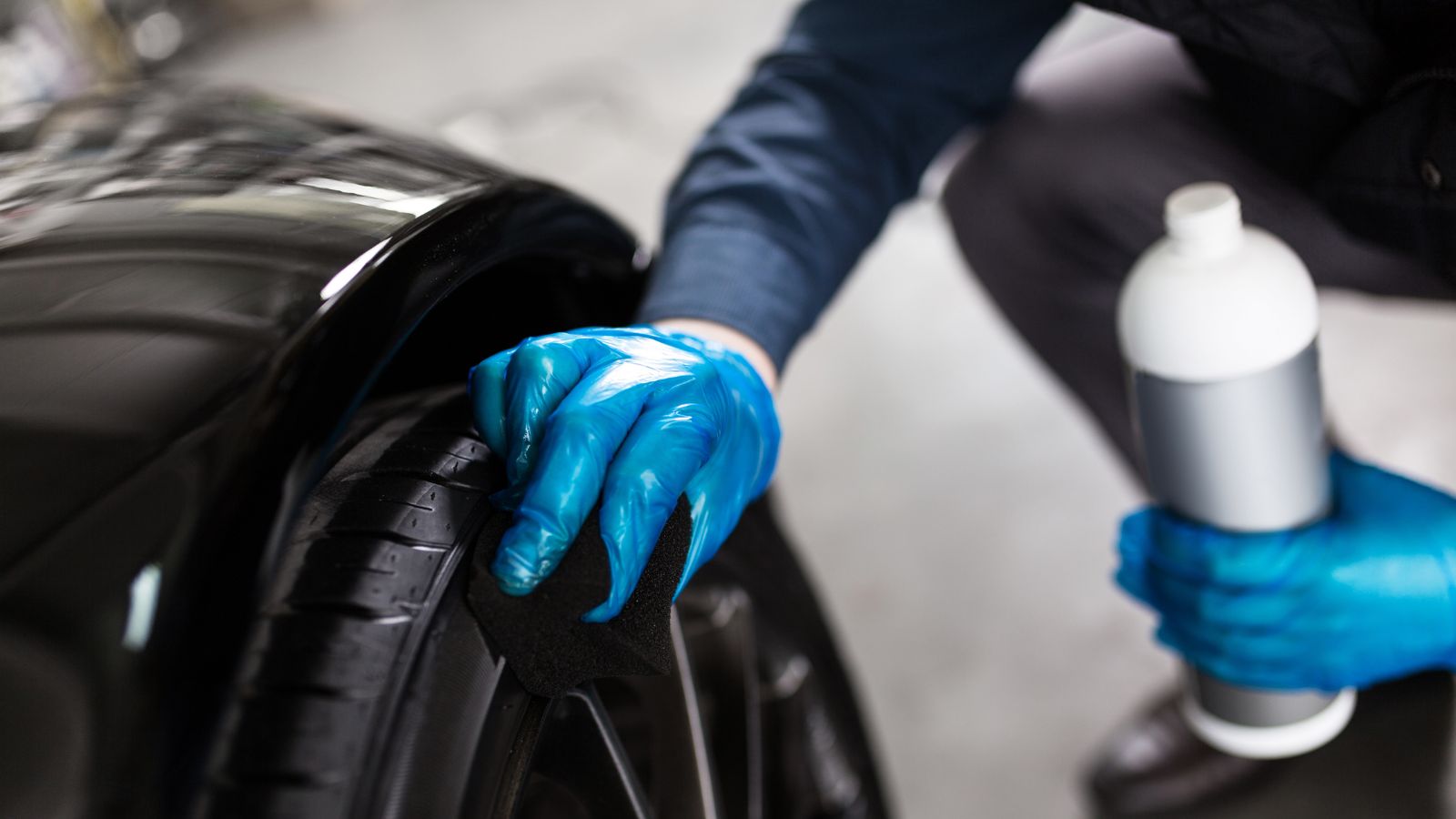
Everyone loves shiny tires, but silicone-based tire shines can do more harm than good when misused. If you use them too much, they can weaken the rubber, causing cracks that lower the lifespan of your tires. On top of that, excess product tends to fling onto your car’s paint while driving, which can cause some ugly stains! To play it safe, only apply a little bit and wipe away any extra. You should only use these products occasionally if you want to avoid harming your vehicle.
Abrasive Polishing Compounds
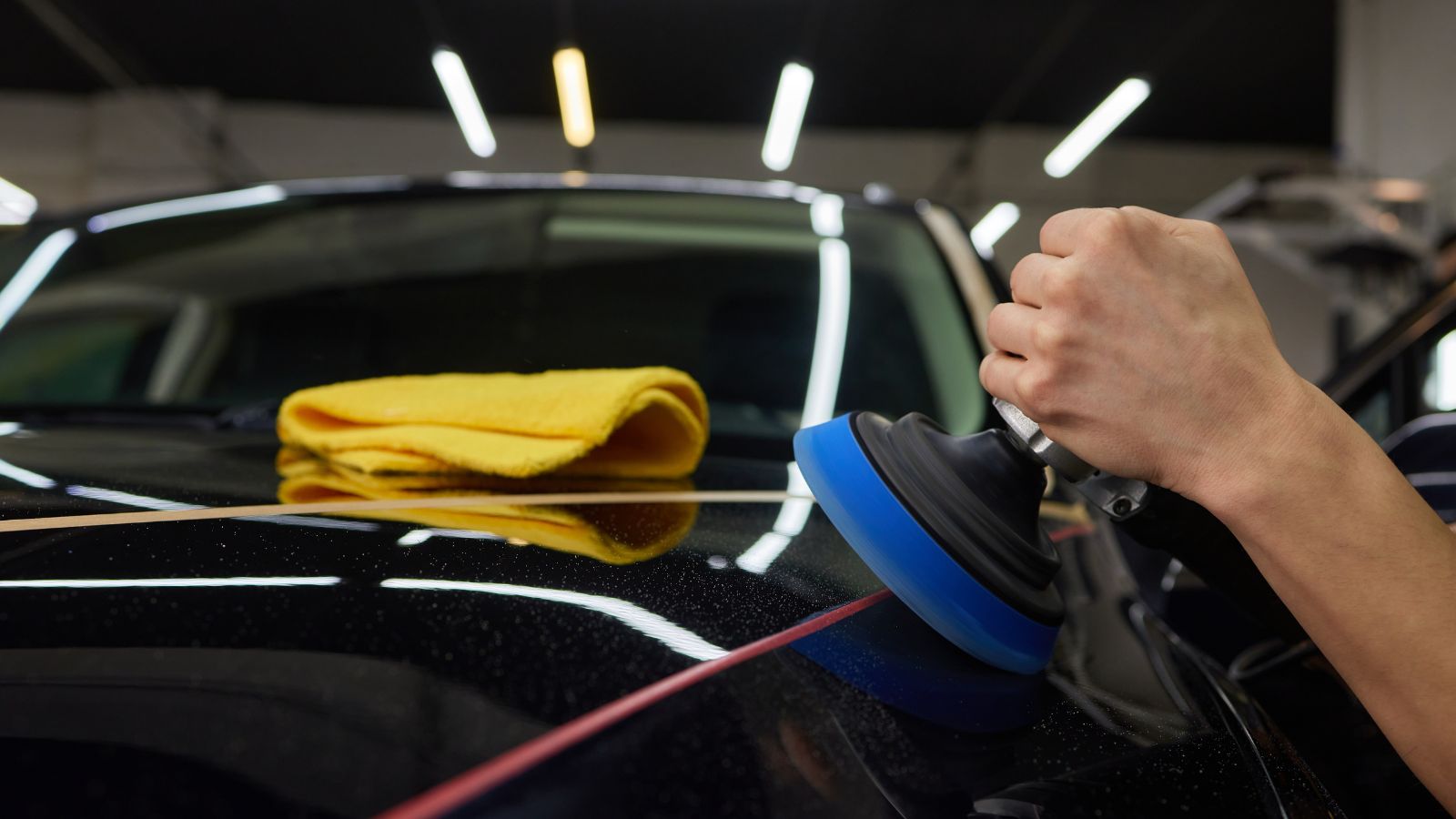
These compounds are really good for fixing scratches or restoring a dull paint job. But be careful, because too much polish can get rid of the clear coat that protects your paint. Without this barrier, the paint on your car can fade and corrode more easily. Keep to fine-grit polishes, use them sparingly, and always follow up with a proper wax or sealant for added protection.
High-Pressure Washers
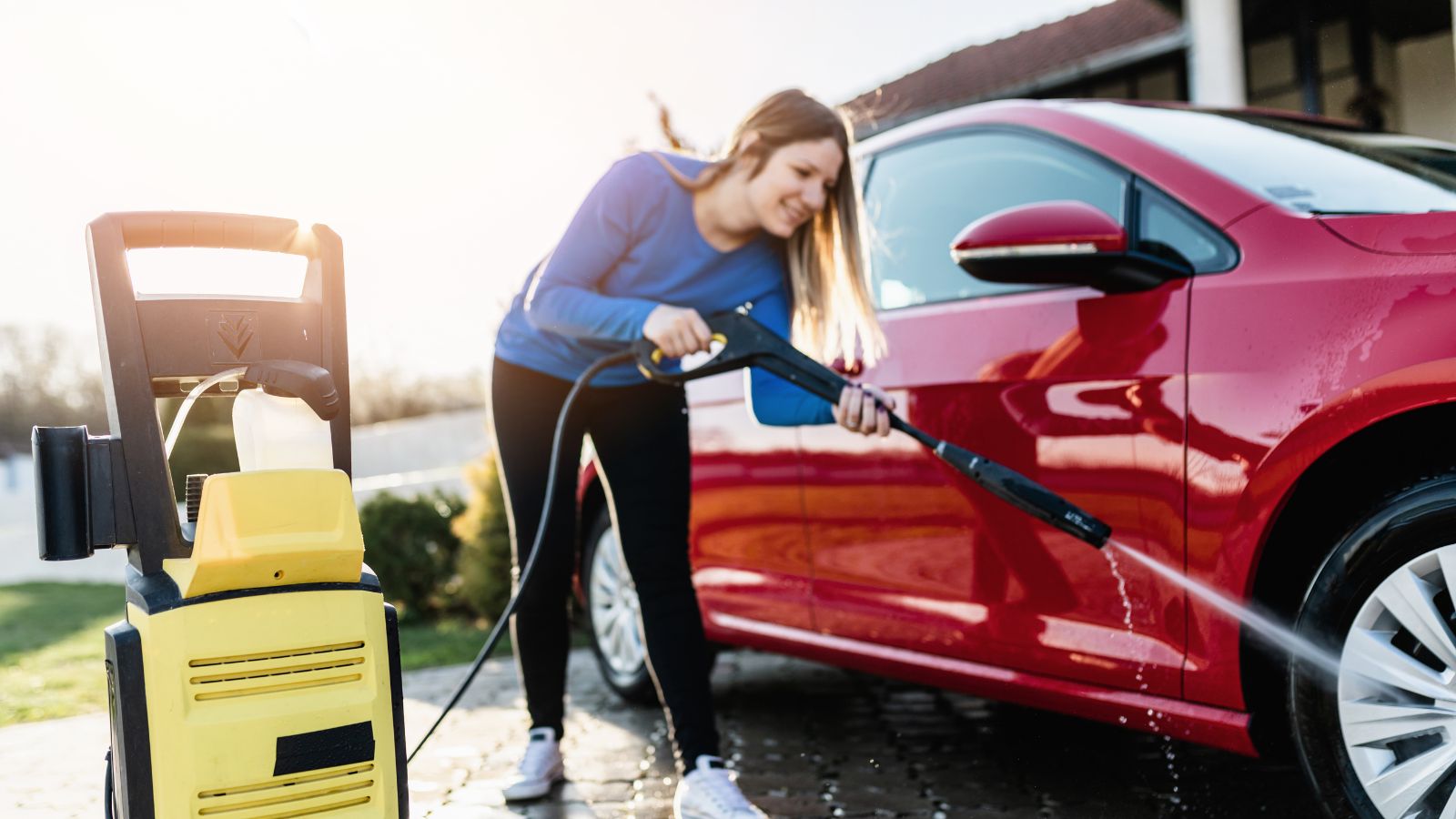
Blasting your car with a high-pressure washer always feels satisfying, but it’s a risky cleaning shortcut. Too much pressure can chip away paint, damage rubber seals, and even push water into electrical components. If you accidentally shoot water into your headlights or sensors, it can be costly to repair!
Keep the pressure low and maintain at least a foot of distance. If you avoid sensitive areas like vents and seals, your car will stay safe.
Ammonia-Based Glass Cleaners
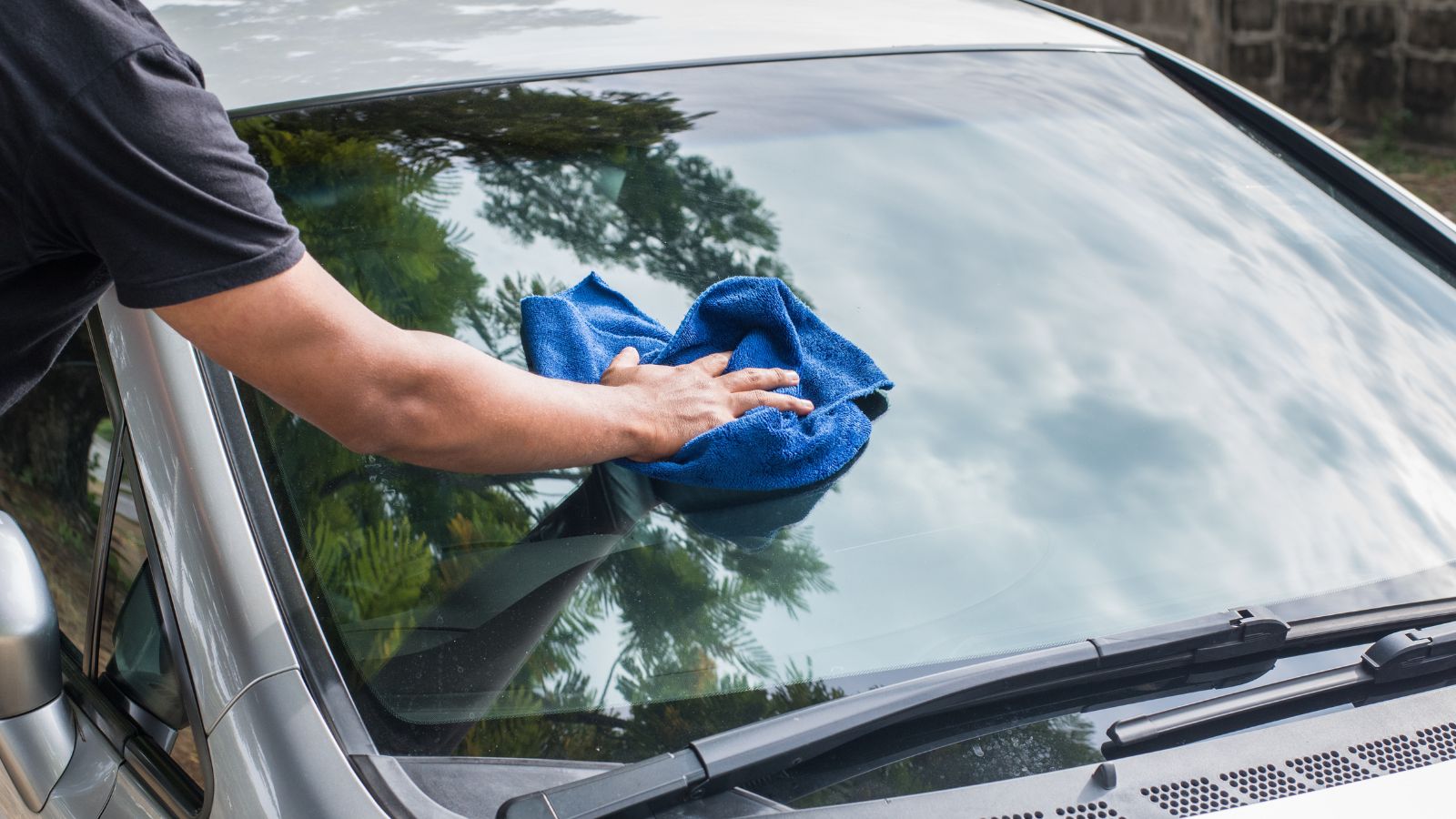
A quick wipe with a household glass cleaner might seem harmless, but ammonia-based glass cleaning products can cause big damage to your car windows, especially if they’re tinted. Ammonia eats away at tint films, which can cause peeling, bubbling, or even discoloration. If you want a safe glass cleaning method, make sure you use car-specific, ammonia-free glass cleaner. It’s a simple switch that saves your windows in the long run.
Cheap Car Covers
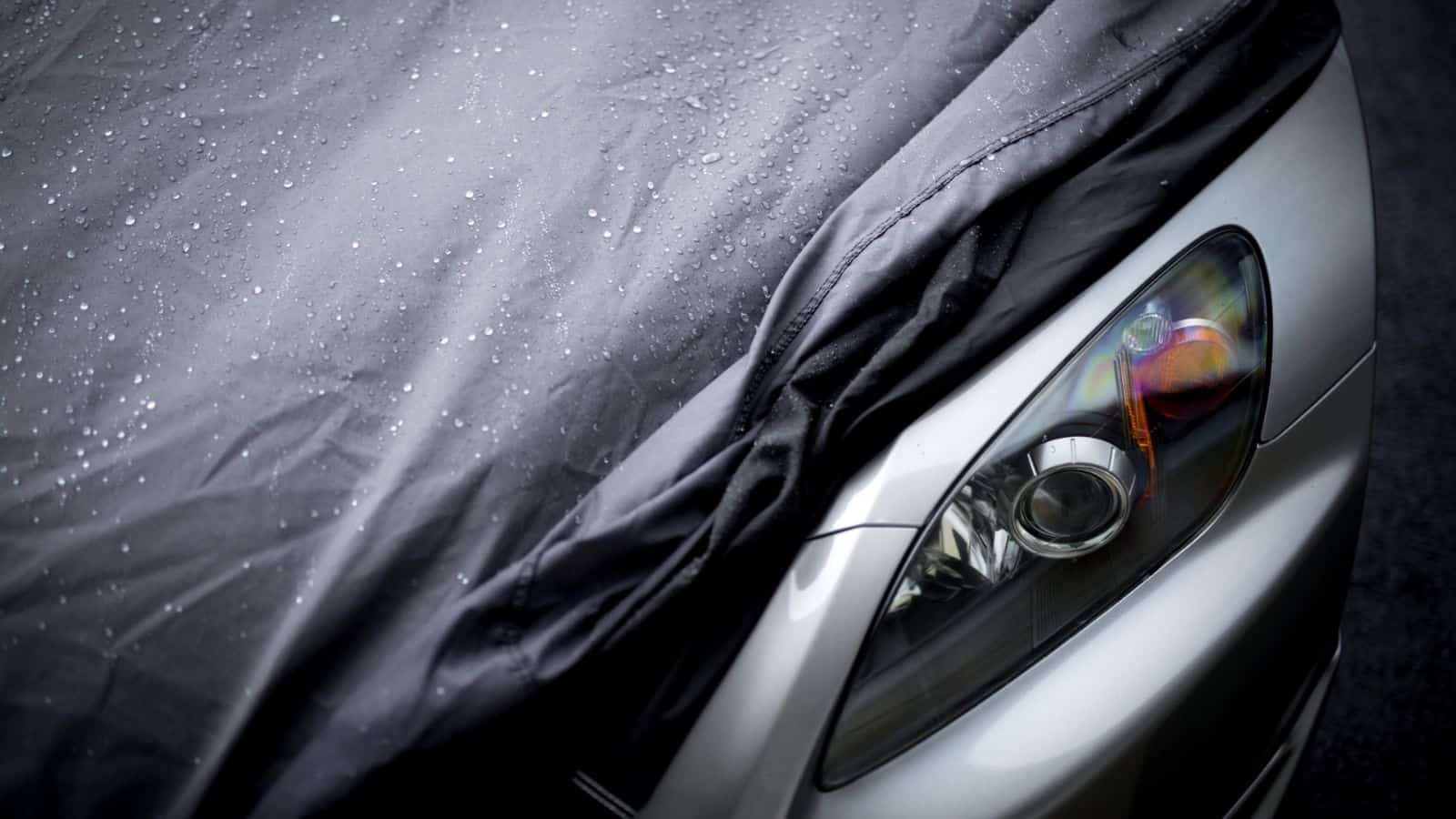
Sometimes, bargain products come with hidden costs, and cheap car covers are no exception. Poor-quality covers often lack breathable materials, which can lead to rust if they accidentally trap moisture in with your car. Car covers with rough fabrics can even scratch your paint when it moves with the wind. It should be your priority to get a breathable car cover made from a good material. If it’s weatherproof as well, then your car will be safe all year round.
Engine Degreasers
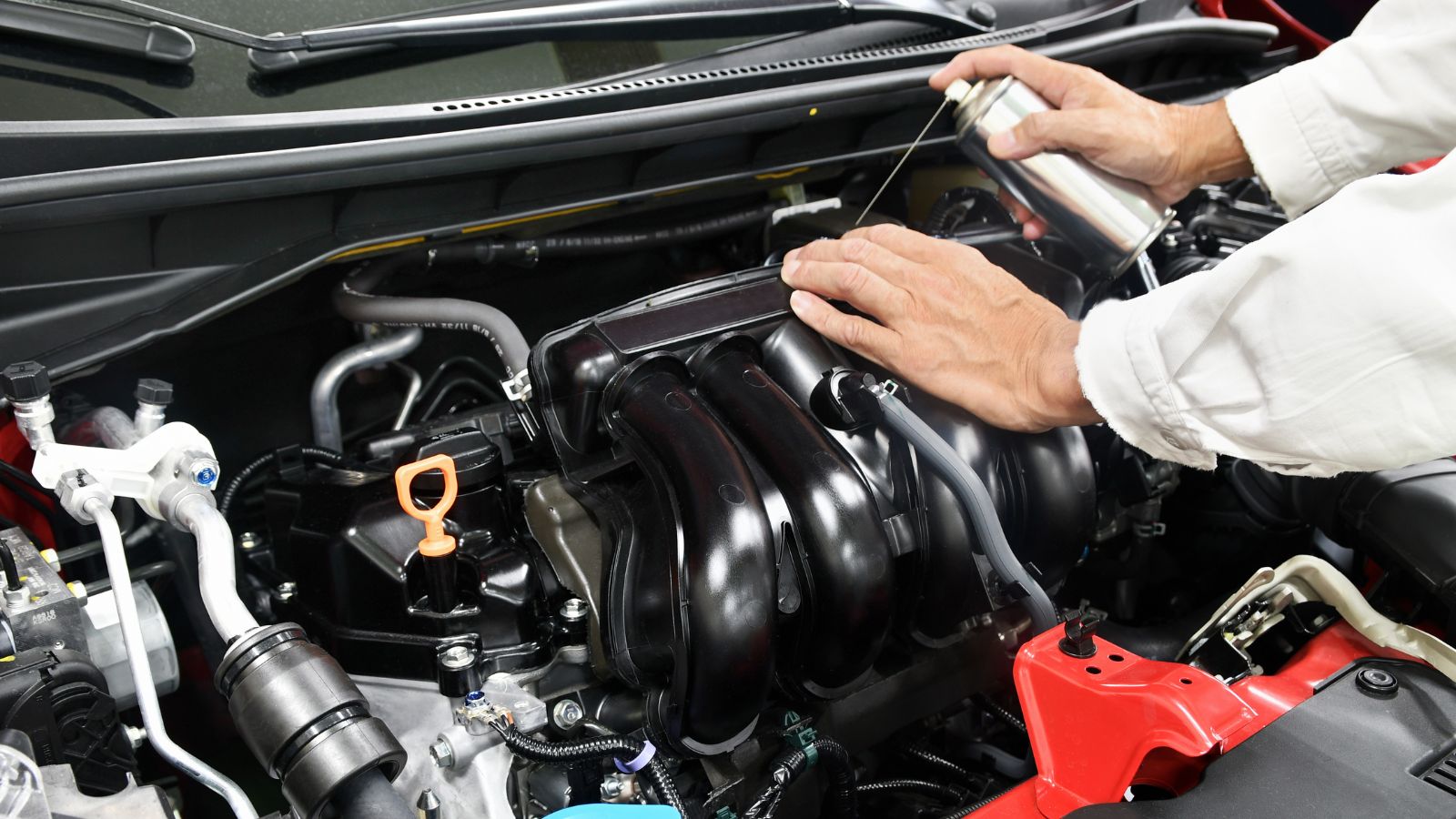
Spraying engine degreaser on your car might seem like an easy way to clean up under the hood, but it can be risky. Applying them can cause all sorts of damage to the fragile parts in your engine like wires or sensors. If you damage one of these bits, you might not know about it until it causes a real issue.
To avoid issues like these, cover these delicate parts before you spray, and rinse thoroughly with low-pressure water to prevent residue build-up. If you don’t do this last part, the degreaser can also leave residue that attracts dirt. You don’t want your clean engine to get dirty again so quickly, do you?
Over-the-Counter Fuel Additives
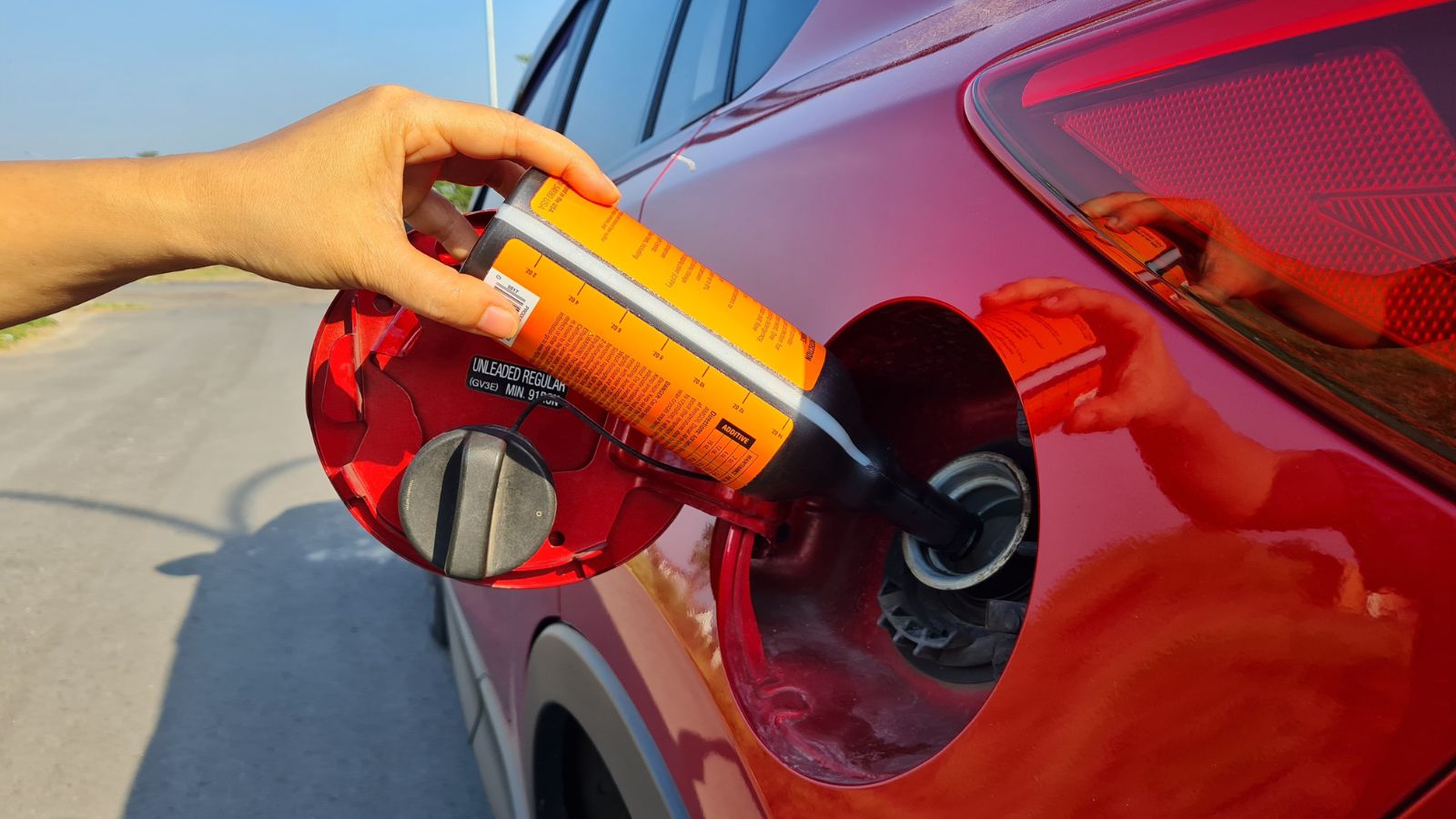
While fuel additives promise better performance and cleaner engines, using the wrong one can backfire. Before using any additive, consult your car’s manual or ask a mechanic for advice. If you don’t do this, you might end up clogging your fuel injectors or harming your catalytic converter. These mistakes will badly impact your engine’s efficiency and could cause serious mechanical problems. So, make sure not to create more problems for yourself while trying to solve others.
Household Cleaning Products
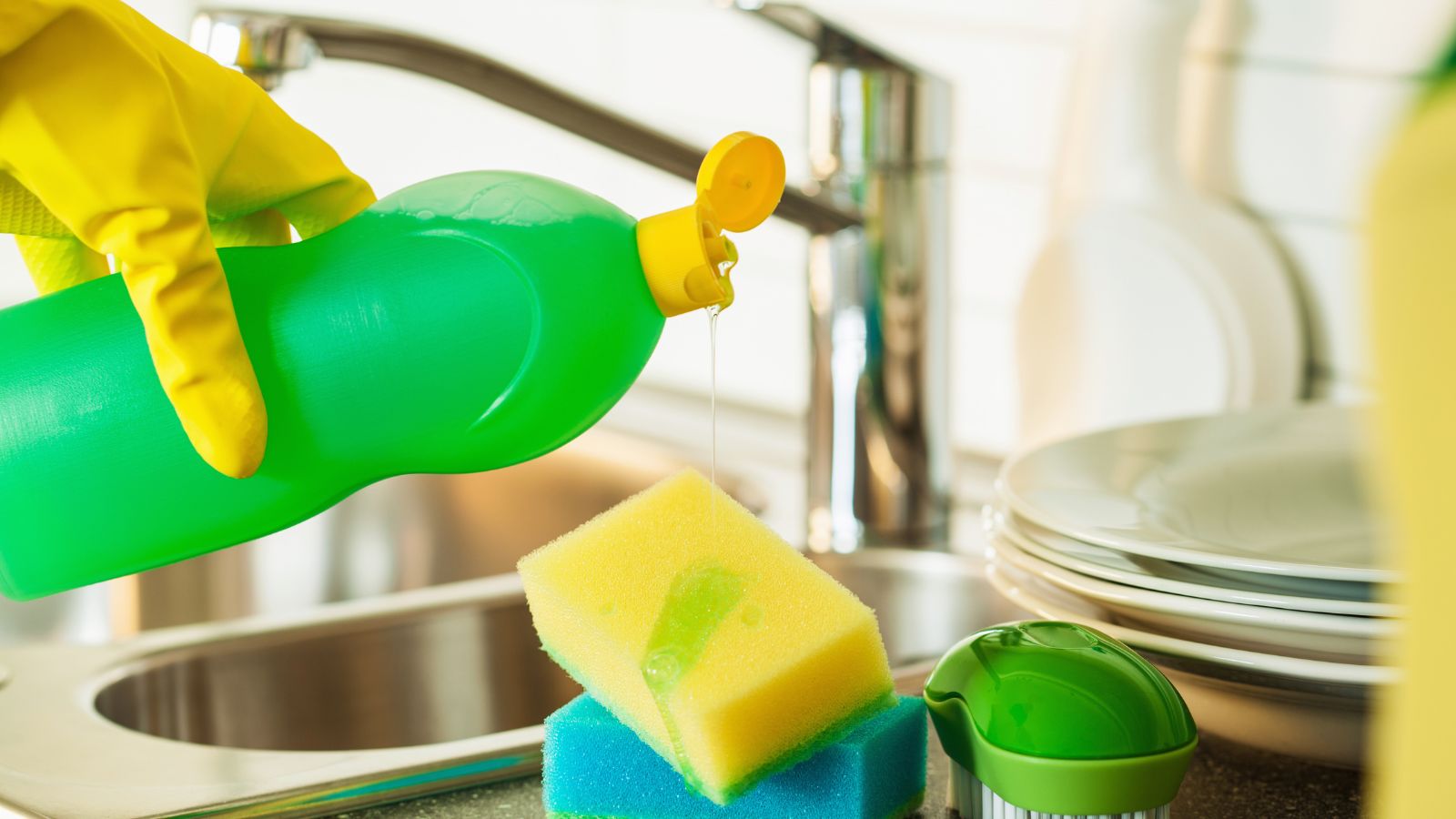
We know it’s tempting to use dish soap or an all-purpose cleaner to save money, but these products can really damage the look of your car. Dish soap takes away the protective wax and leaves your paint exposed to the elements. Meanwhile, cleaners with harsh chemicals like bleach or vinegar can cause discoloration or streaks, which is the opposite of what you want if you’re trying to clean your car. Stick to products made specifically for automotive cleaning to avoid some big regrets.
Air Fresheners with Harsh Chemicals
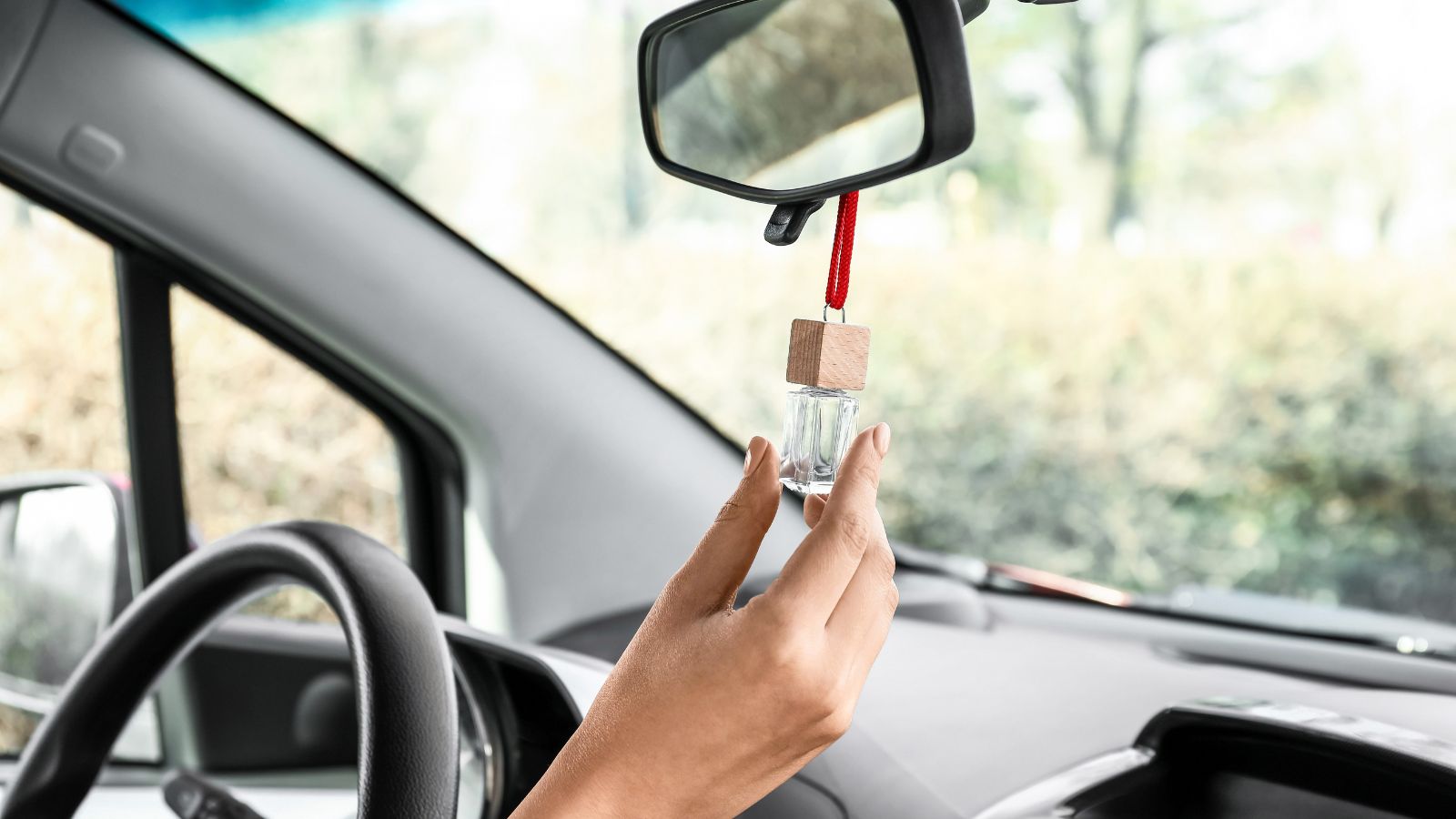
Those little air fresheners hanging from your rearview mirror might be doing more bad than good. Some of them contain chemicals that can fade the plastics in your car, and can even stain your fancy upholstery. Instead, if you choose mild, natural alternatives or vent clip fresheners, you can avoid damaging your car’s interior while still keeping it fresh.
These options won’t just protect your car’s interior, they’ll also provide a more subtle and pleasant aroma that doesn’t overwhelm your senses.
Hard Bristle Brushes
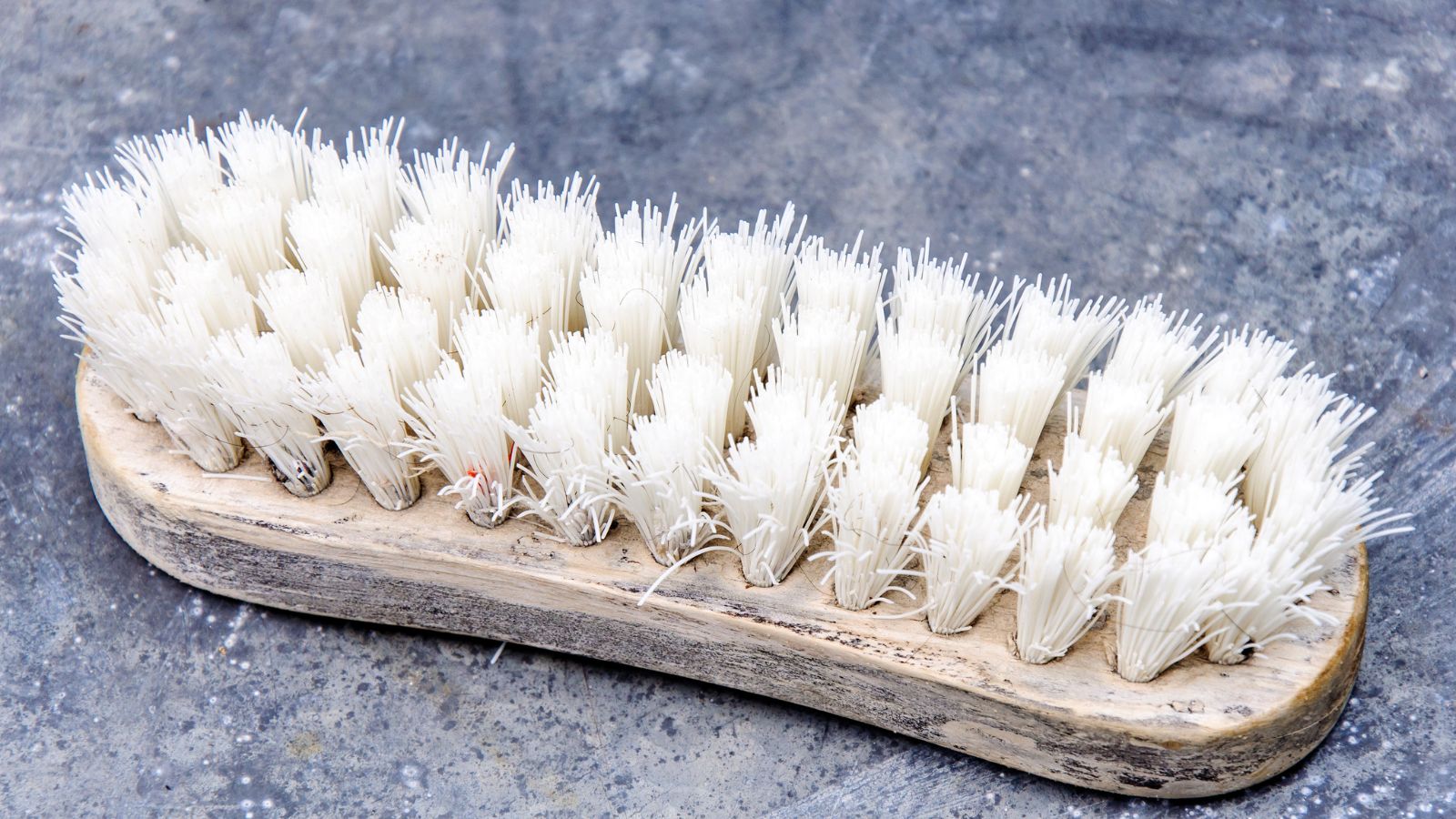
On painted surfaces, hard bristle brushes can leave behind fine scratches that dull your car’s finish. But, the problem doesn’t stop here. If you use them on your wheels, they can wear down the finish and leave visible marks on your expensive alloy rims. Aggressive scrubbing on tires can also badly damage the rubber, leading to premature cracking. Instead of sending your car to an early grave, choose soft, car-specific brushes or microfiber mitts that are designed to be gentle on all surfaces.
Incorrect Coolant Mixtures
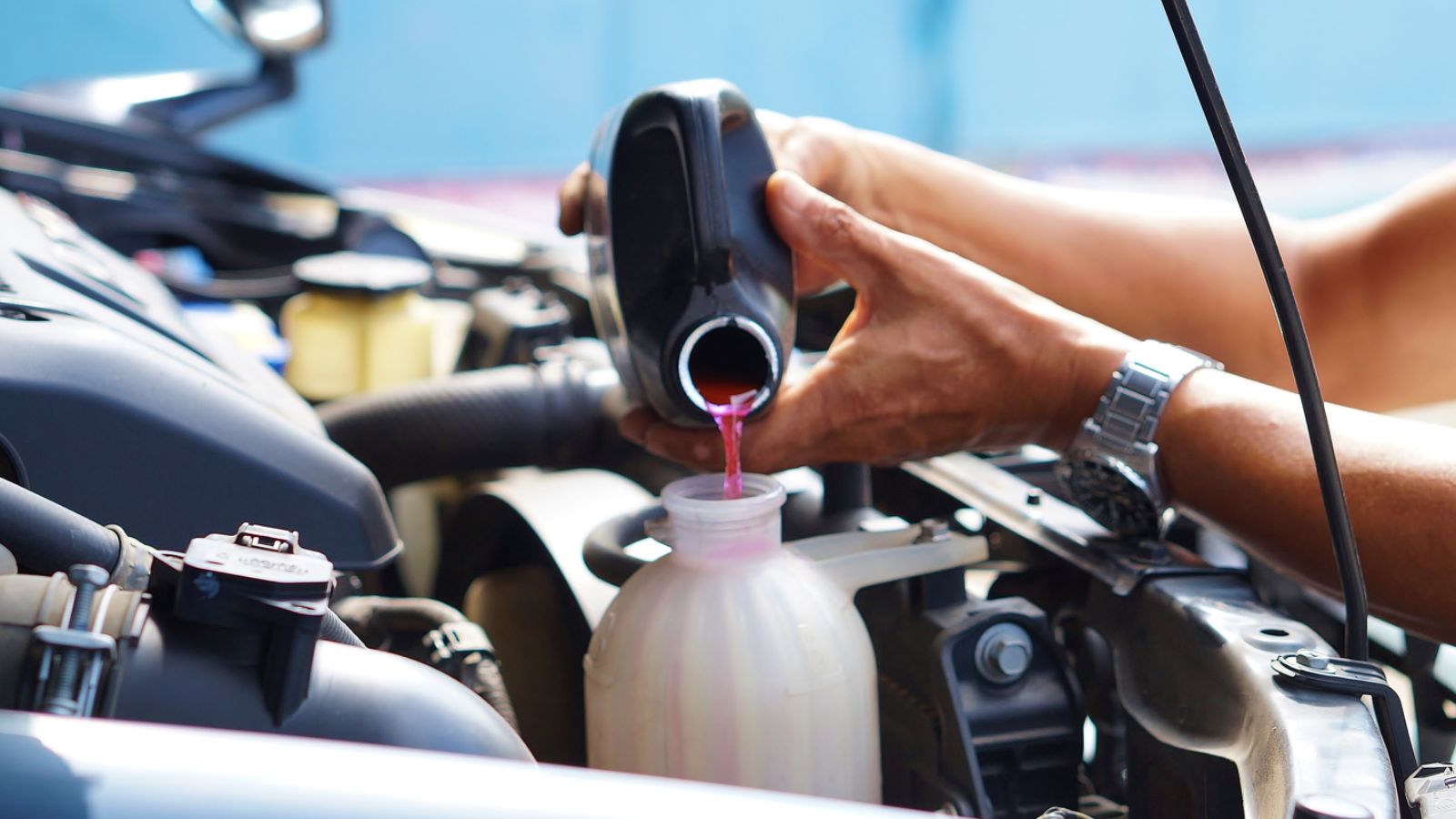
Modern engines rely on precise coolant formulations to prevent overheating and protect internal components from corrosion. If you use an incorrect mixture, it can result in deposits forming within the cooling system, blocking passages and reducing efficiency. This can lead to all sorts of serious engine problems. To keep your car running smoothly, you should always look at your owner’s manual for the recommended coolant type and mix ratio.
If you’re not sure, it’s best to leave it to a professional mechanic. You don’t want to risk your car’s cooling system.
Spray Wax on Dirty Surfaces
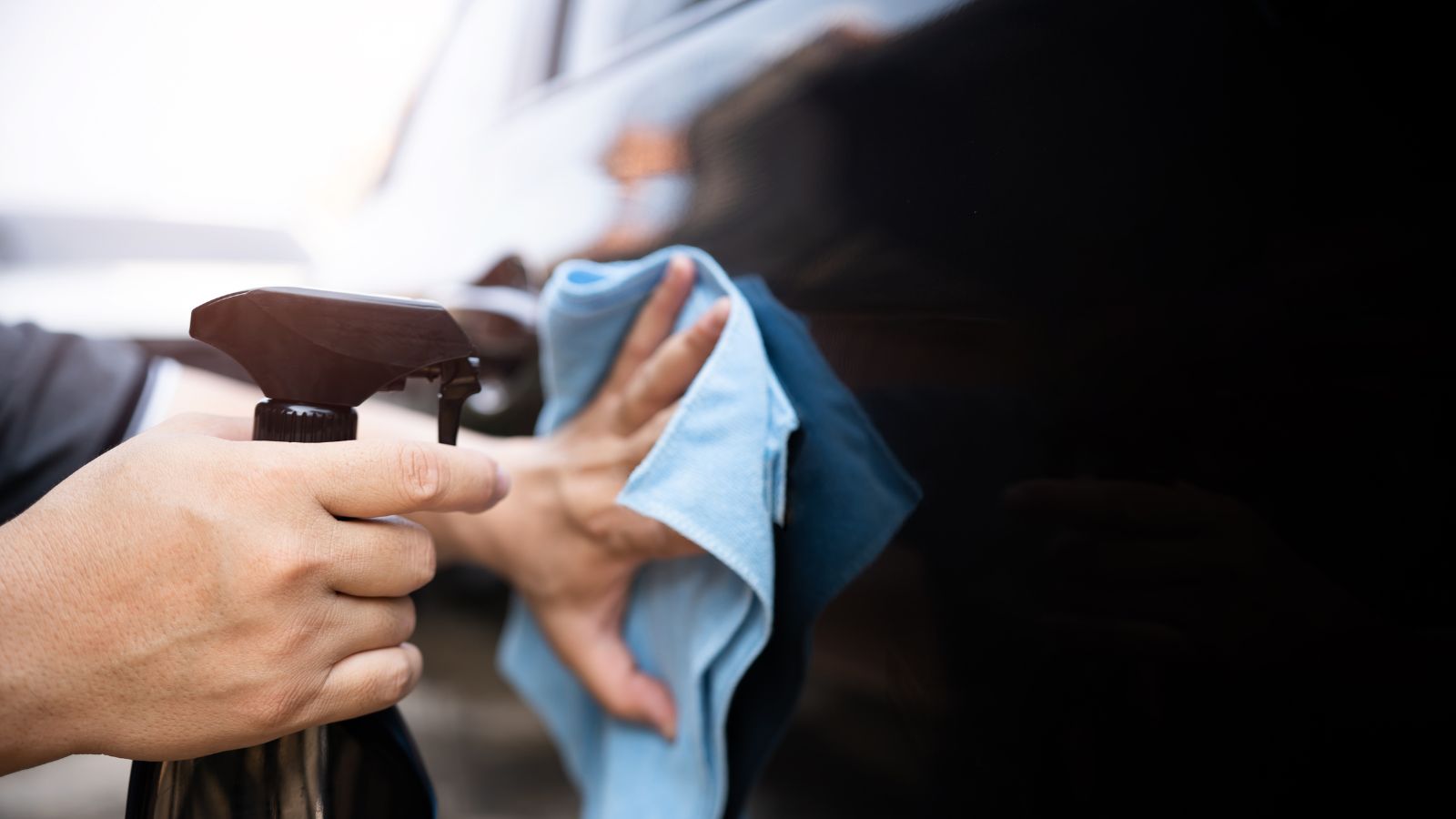
When you spray wax over a layer of dust or debris, those particles get trapped between the wax and your car’s paint. As you buff the wax, the dirt particles act like sandpaper, leaving behind micro-scratches that make your car’s paint look hazy and worn.
To get the most out of your spray wax, your car always needs to be clean first. This will make sure that the wax applies properly and provides a smooth, glossy finish that will last much longer.
Leather Conditioners with Petroleum
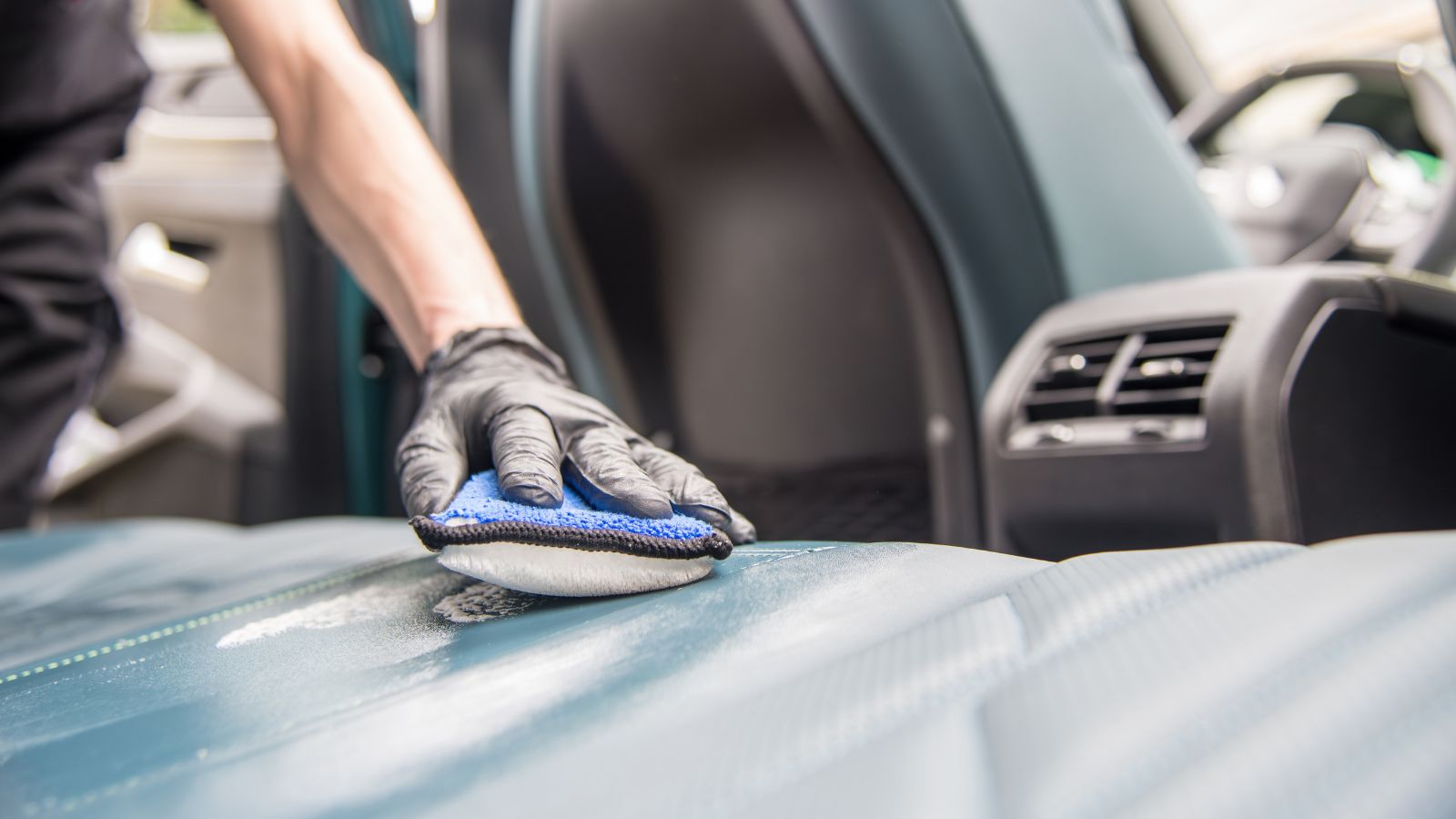
Petroleum-based leather conditioners often attract dirt and dust because they leave behind a sticky residue. Over time, this grease can break down the leather’s natural fibers and make it prone to cracking. Additionally, some petroleum-based conditioners can even alter the color of the leather, leaving it blotchy or uneven.
To keep your leather seats in pristine condition, choose a high-quality, water-based conditioner that’s specifically designed for automotive use.
Aftermarket Dashboard Protectants
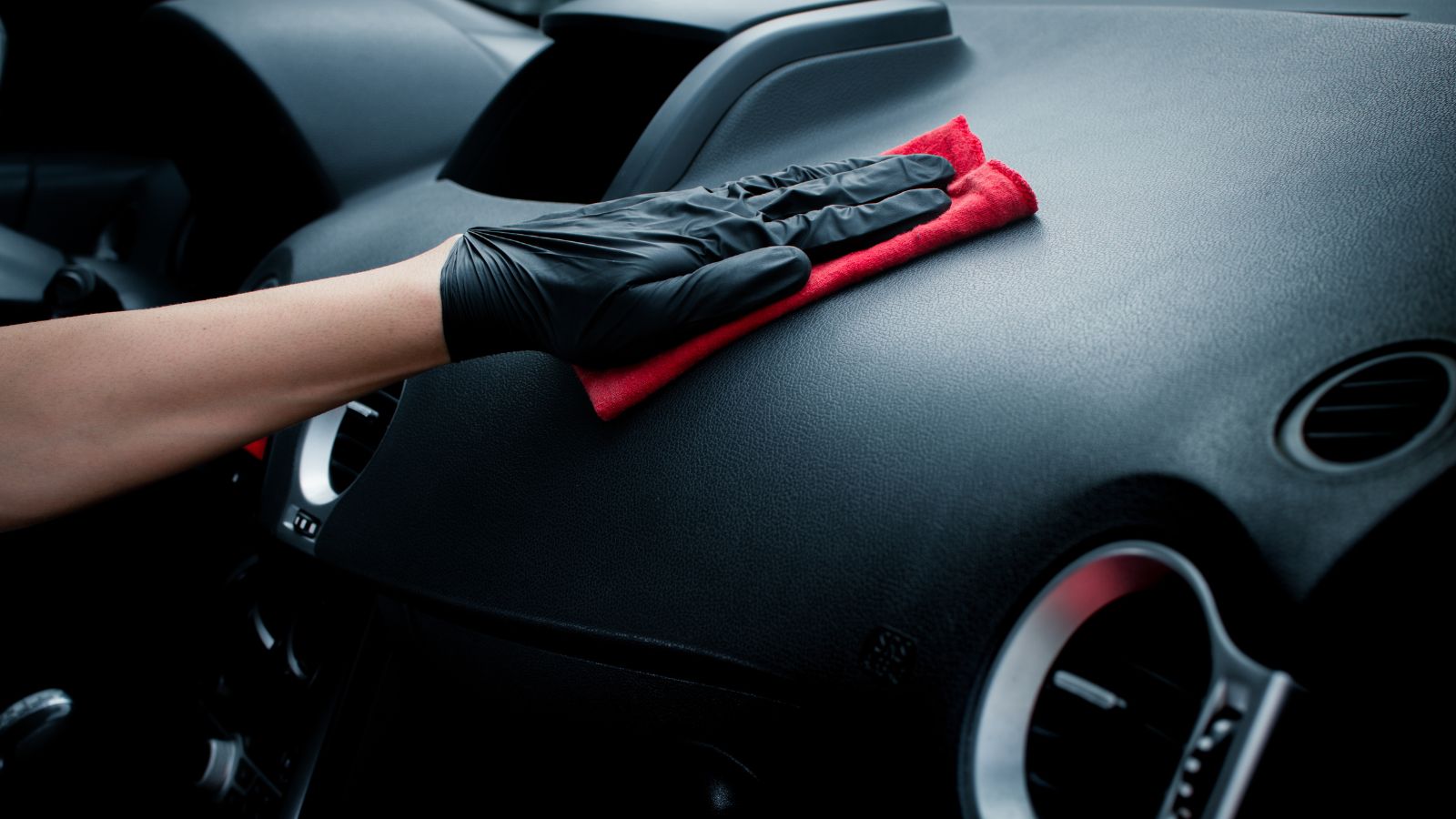
And lastly, a shiny dashboard might look sleek, but many aftermarket protectants have harsh chemicals like silicone or solvents that damage the materials in your car over time. Some cheaper products may also leave behind a sticky residue that attracts dust, making your dashboard look worse. Instead, invest in a high-quality, matte-finish protectant with UV blockers. These products will keep your dashboard safe from the sun and will maintain a natural, clean look without the risk of glare.
